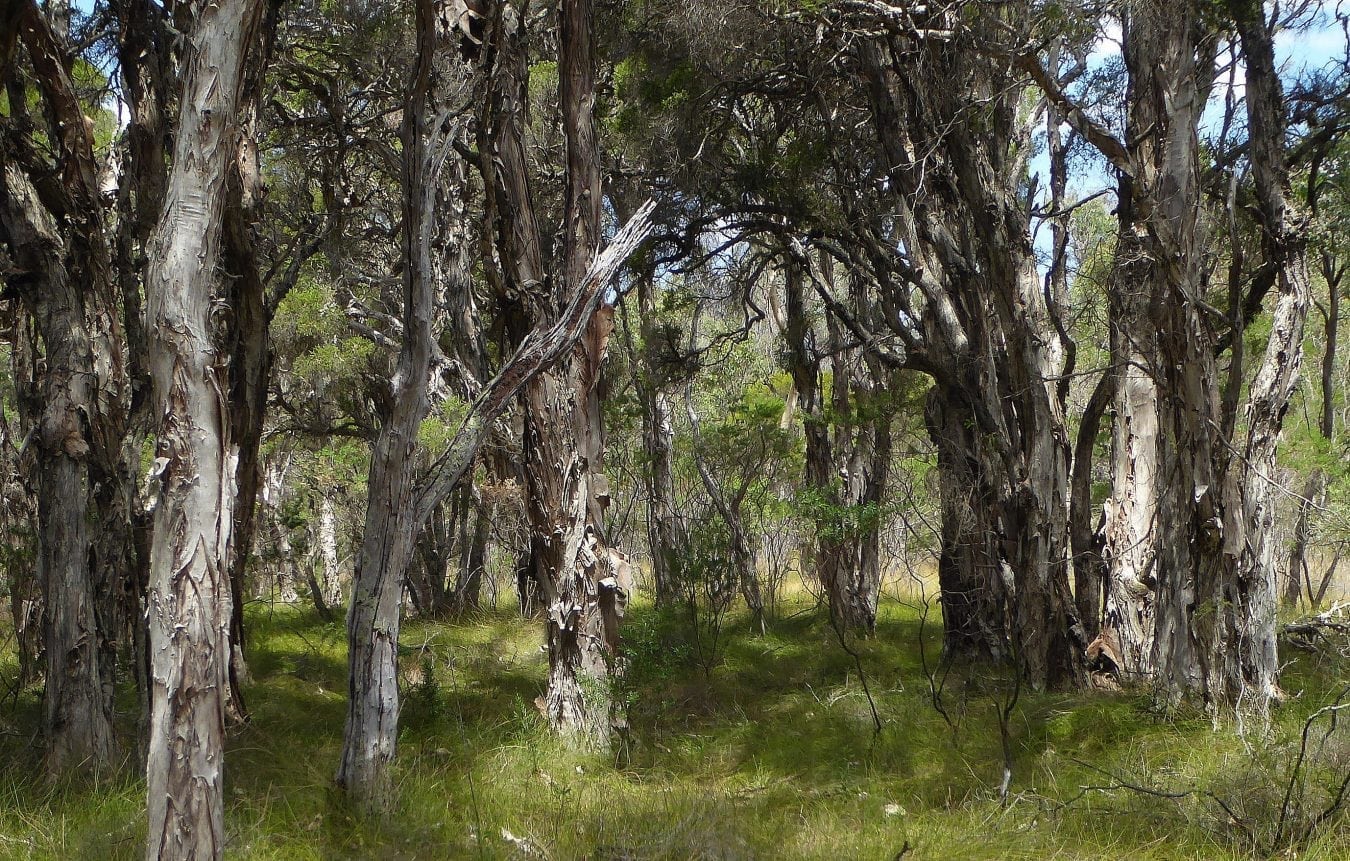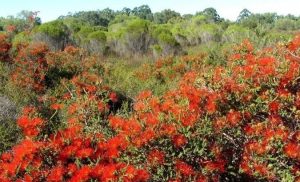Complete Bush Forever to protect Perth’s biodiversity

It is time to complete Bush Forever!
It is now 18 months since Labor was elected with a landslide win, substantially influenced by the Roe 8 saga. Their platform includes impressive commitments to conservation, the environment and climate change, including:
Our urban bushland must be conserved and protected both for its biodiversity values and its role in enhancing our urban lifestyle;
The UBC believes the best way to protect the biodiversity of our urban bushland is by full implementation of the Bush Forever plan. This is a comprehensive, world class plan for the protection of our unique biodiversity on the Swan Coastal Plain. However, its implementation has been patchy and slow.
This puts our irreplaceable natural assets of unique flora, fauna and vegetation systems at risk.
The UBC advocates securing all Bush Forever sites for conservation and transferring them to ‘A’ class reserve status.
There are ample funds available in the Metropolitan Region Improvement Fund (MRIF) for this purpose but precious sites are not being acquired. Sites already acquired by the Western Australian Planning Commission (WAPC) have not been transferred to the Crown as ‘A’ class reserves and have not been allocated to suitable conservation land managers. The Department of Biodiversity, Conservation and Attractions (DBCA) has not been allocated additional funding and staff resources to take over management of sites allocated to them.
 There does not appear to be any co-ordinated action across the relevant agencies to facilitate the implementation of Bush Forever. Despite regular discussions with agency staff, and relevant Ministers and their staff, UBC representatives are frustrated at the bland repetitive excuses used to avoid these issues and justify lack of action to secure all Bush Forever sites into the conservation estate.
There does not appear to be any co-ordinated action across the relevant agencies to facilitate the implementation of Bush Forever. Despite regular discussions with agency staff, and relevant Ministers and their staff, UBC representatives are frustrated at the bland repetitive excuses used to avoid these issues and justify lack of action to secure all Bush Forever sites into the conservation estate.
This stalemate must end.
The UBC looks forward to the revision of both the WA Environmental Protection Act and the Biodiversity Conservation Act to provide legal recognition and protection of Threatened Ecological Communities, protection of the habitat of rare species of flora and fauna, critical habitat, wetlands, and compliance with EPBC Act Approved Conservation Advices and Recovery Plans.
